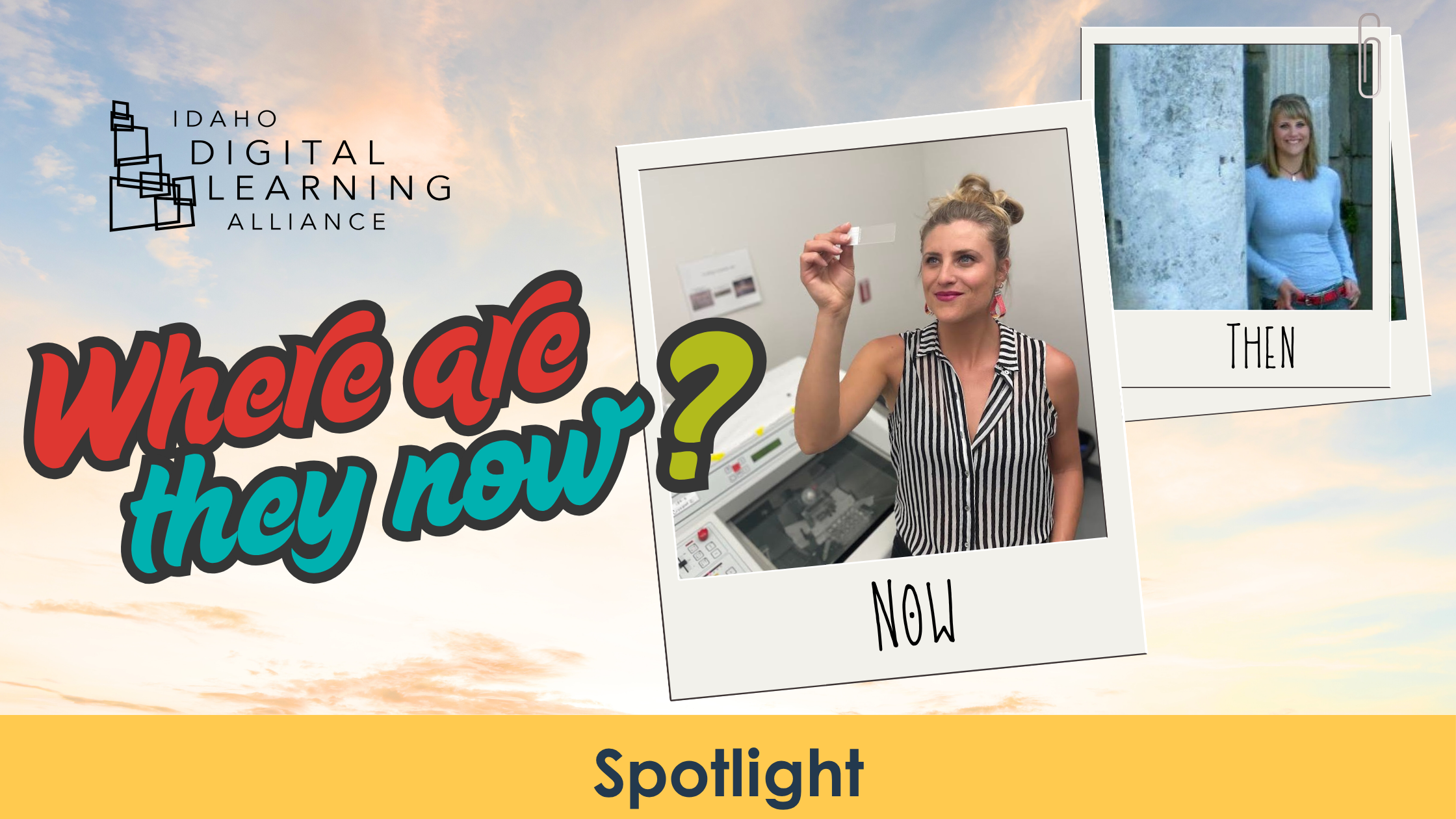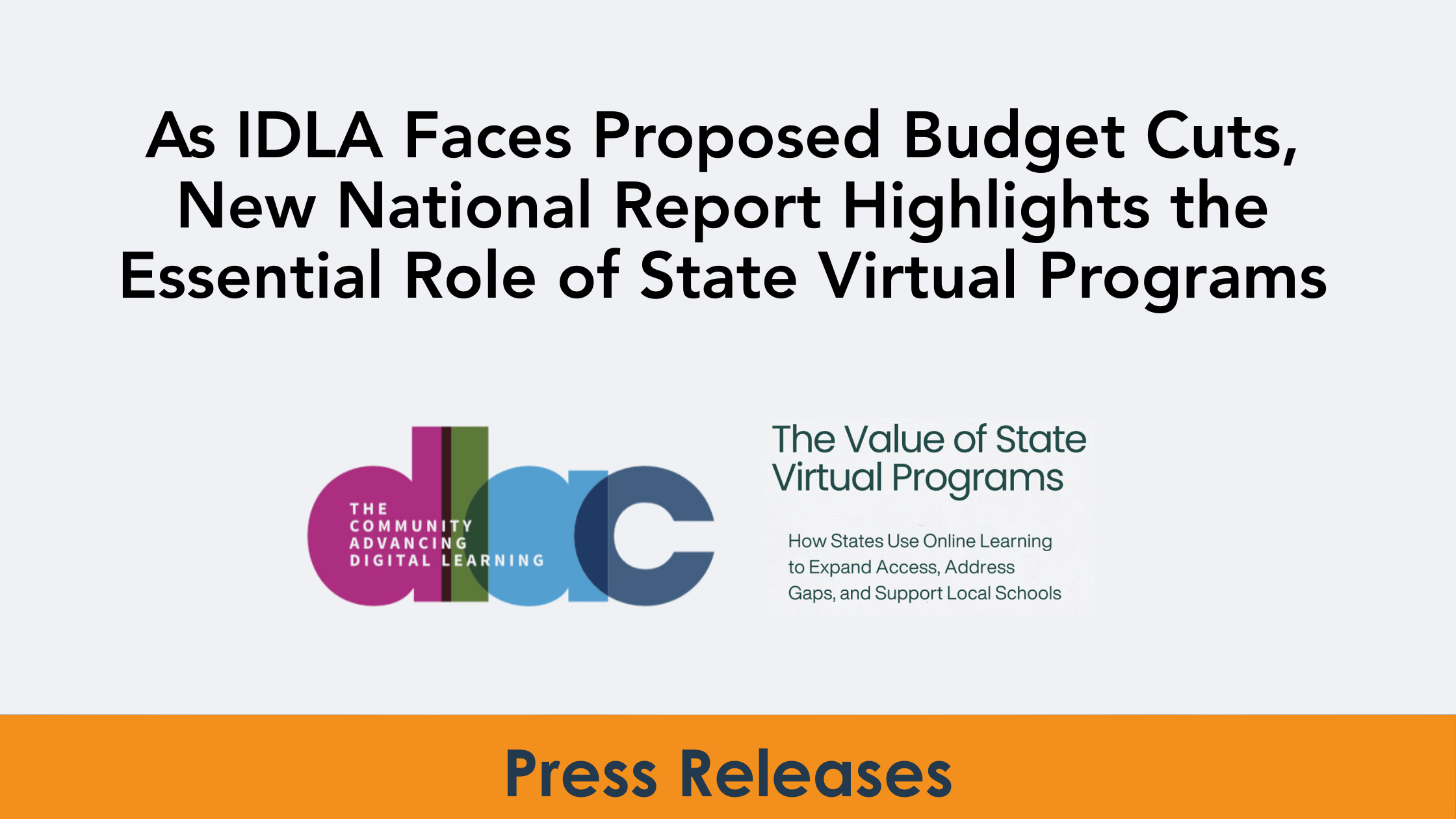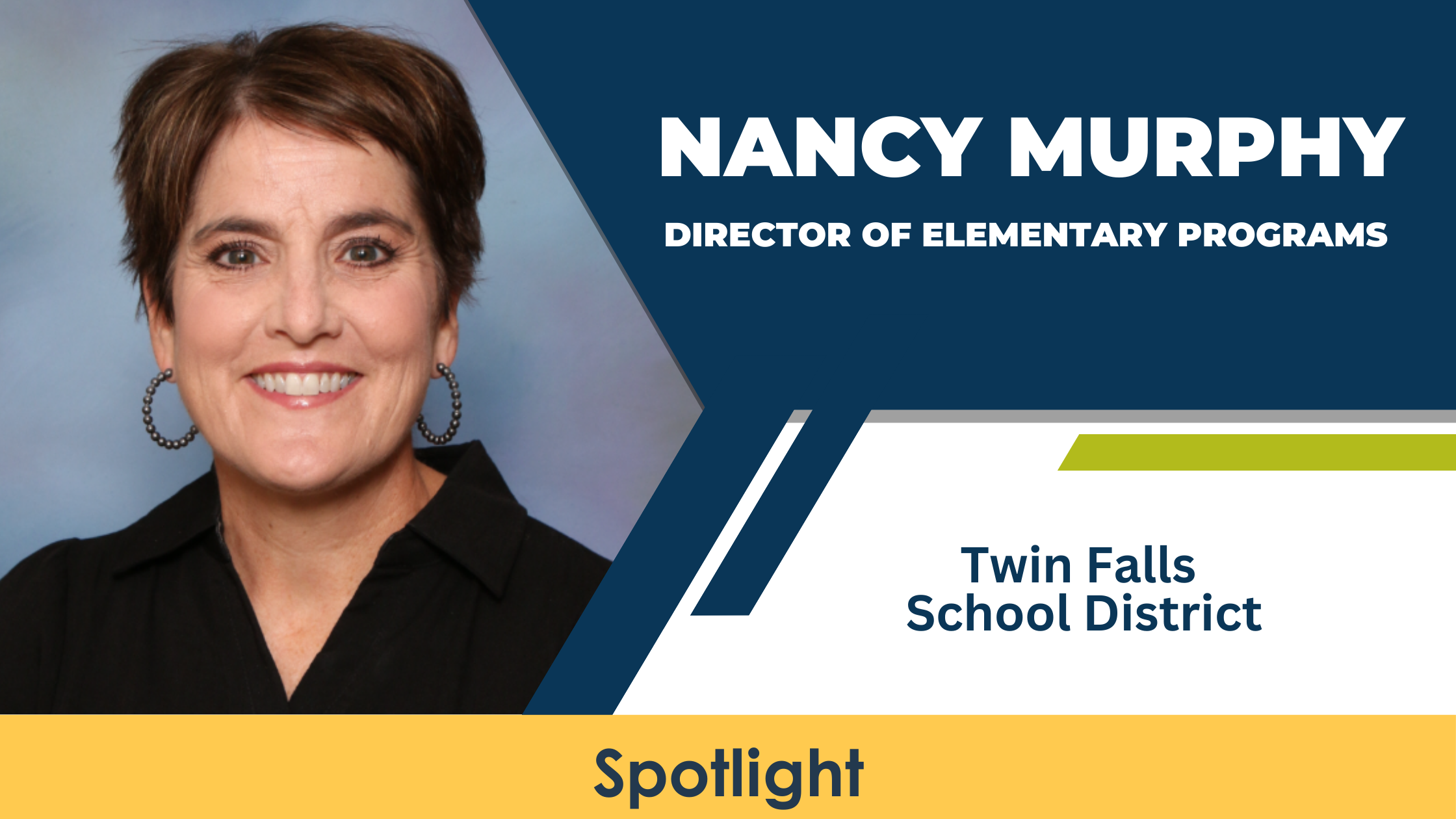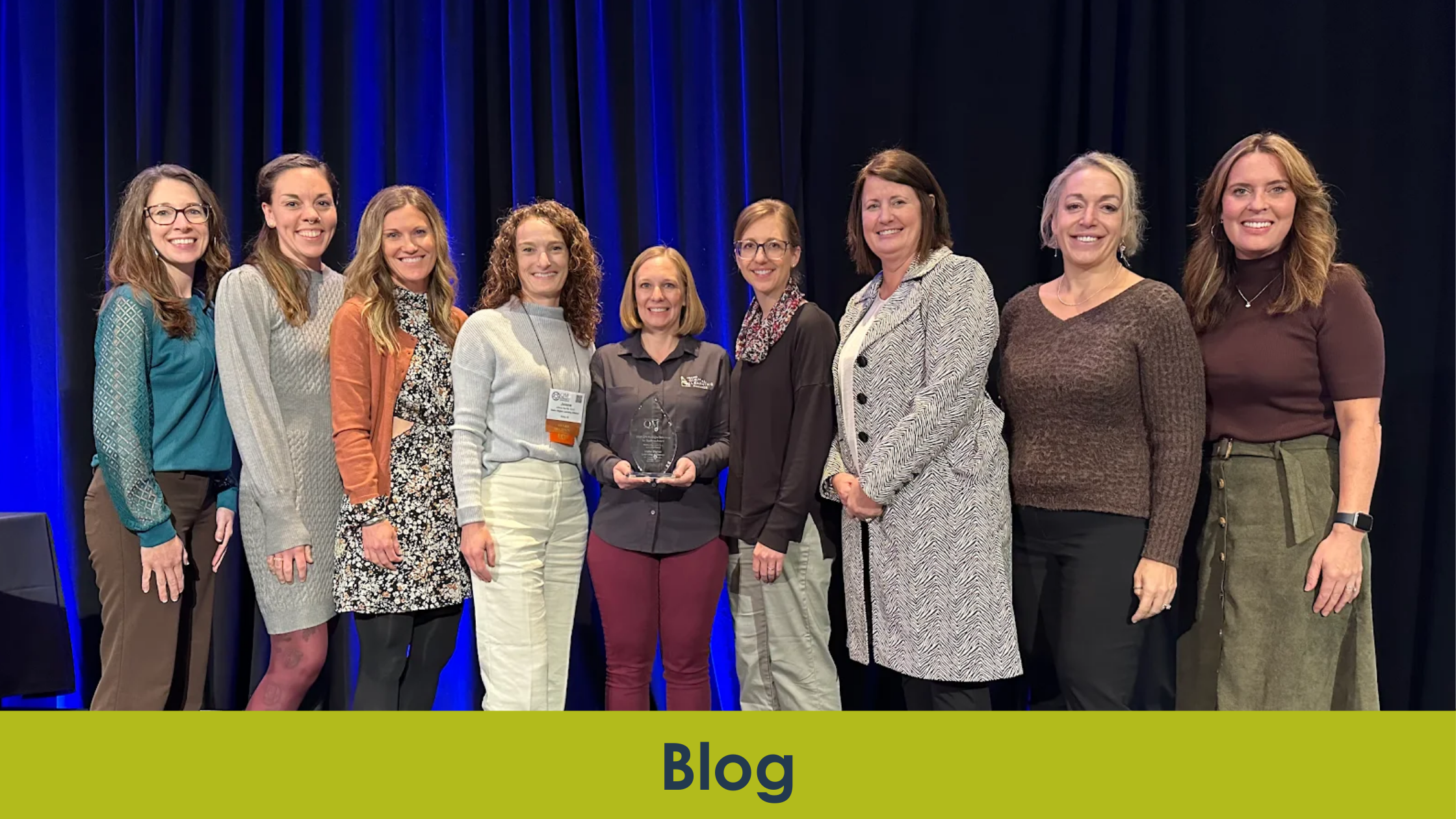Elora Williams, PhD Candidate in Behavioral Neuroscience
By Dani Leffler, IDLA Communication Specialist
From the small town of Salmon, Idaho, to the forefront of neuroscience research, Elora Williams’ academic journey is a testament to the power of curiosity, determination, and the opportunities provided by online learning. A 2011 graduate of Salmon High School, Elora has since earned her Bachelor of Science in Psychology from Boise State University, conducted groundbreaking research at the prestigious Salk Institute in San Diego, and is now pursuing a PhD in Behavioral Neuroscience at the University of Colorado Boulder. Her path, though extraordinary, was set in motion by her time as a student with Idaho Digital Learning Alliance (IDLA).
Discovering IDLA and the Power of Flexibility
Elora first learned about IDLA from her school librarian, who recognized the value of online learning and encouraged students to explore it. For Elora, IDLA became the gateway to academic subjects unavailable at that time in Salmon. “I enrolled in IDLA courses to pursue subjects that deeply interested me but weren’t available in-person at my school,” she explains. The ability to take courses outside the traditional classroom environment empowered Elora to follow her intellectual passions.
Building the Foundations for a Career in Neuroscience
Taking a psychology class through IDLA was pivotal in shaping Elora’s academic path. “It sparked my initial interest in human behavior and laid the foundation for my decision to study psychology in college, which eventually led me to the field of neuroscience,” she reflects. This early exposure to the complex mechanisms of the human mind fueled her desire to study the brain, eventually leading her to pursue her current PhD studies.
The Most Memorable Units: A Foundation for Neuroscience
Two specific units from her IDLA psychology course stand out in Elora’s memory—Biopsychology and Psychological Disorders and Mental Health. “They introduced complex topics related to brain function, behavior, and mental health in an engaging and accessible way,” she shares. “For the first time, I was able to connect scientific concepts with real-world issues, and I found myself fascinated by how the brain influences everything from decision-making to emotional regulation.”
Elora explains that the focus on mental health in these units struck a significant chord with her, given the prevalence of such issues in her small hometown. “They were not only informative, but also empowering, especially coming from a small town where depression, substance use, and suicide were prevalent.” This connection between scientific knowledge and real-world challenges deepened her understanding of the biological basis of behavior and inspired her to pursue neuroscience.
Developing Key Skills Through Online Learning
The flexibility of IDLA was instrumental in Elora’s success, allowing her to take control of her learning process. This autonomy helped her develop essential time management and personal responsibility skills. “The ability to learn at my own pace, on a schedule that worked for me, was especially valuable—it taught me self-discipline and independence,” she says. These qualities became critical as she transitioned into the more competitive environment of college. “My experience with IDLA helped ease that transition by giving me a head start in subjects I was passionate about, like psychology,” she adds. The confidence she gained from managing her own learning was key to navigating the challenges of rigorous college coursework.
Advice to Current Students
For students currently navigating their academic paths, Elora offers valuable advice. “Take full advantage of the flexibility and unique opportunities [IDLA] offers. If there’s a subject you’re curious about, even if it’s not available at your school, IDLA can be a great way to explore it,” she says. She also emphasizes the importance of curiosity and self-motivation. “If you’re genuinely interested in something, there are almost always resources out there to help you explore it. Just be open, ask questions, and take initiative.” She encourages students to stay flexible in their planning. “While planning is important, it’s just as valuable to stay open-minded. Sometimes, unexpected opportunities, like an online class or a conversation with a mentor, can end up shaping your path in ways you never imagined.”
Looking Ahead: Bridging the Gap Between Science and the Public
Elora is passionate about making science more relatable and inclusive. “I’m most excited about contributing to science in a way that bridges the gap between researchers and the general public,” she says. “I hope to be involved in publishing and in building a more accessible and inclusive scientific community—one that values clear communication and actively shares discoveries beyond academia.” Her future goals include public outreach, educational programs, and community partnerships aimed at making neuroscience more engaging to wider audiences.
Her current research, focused on how the brain processes threat and substance use, builds on the foundation she established with IDLA. Reflecting on her journey, Elora is grateful for the opportunities that online learning provided, shaping her academic path and continuing to influence her work today.
A Lasting Impact
As Elora Williams works toward her PhD, she remains a shining example of how persistence, independence, and a willingness to explore new academic avenues can shape a successful career. While her academic path was sparked by early opportunities with IDLA, Elora’s vision for the future extends far beyond her past. She plans to return to Idaho and hopes to continue her research and inspire others, demonstrating how far curiosity and perseverance can take you… whether you’re from a small town or a large city.
Stay curious, and never underestimate the power of pursuing your passions.



